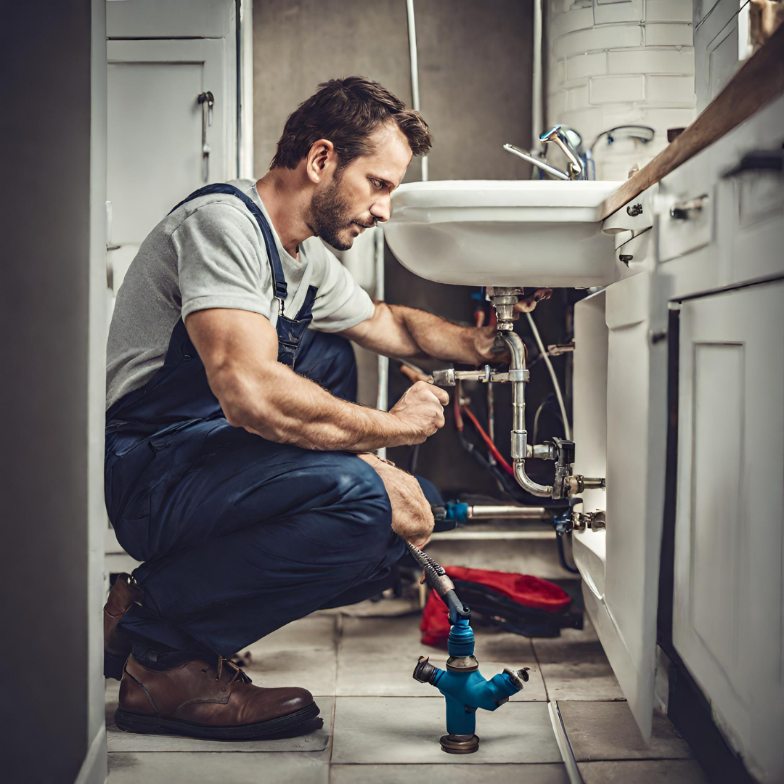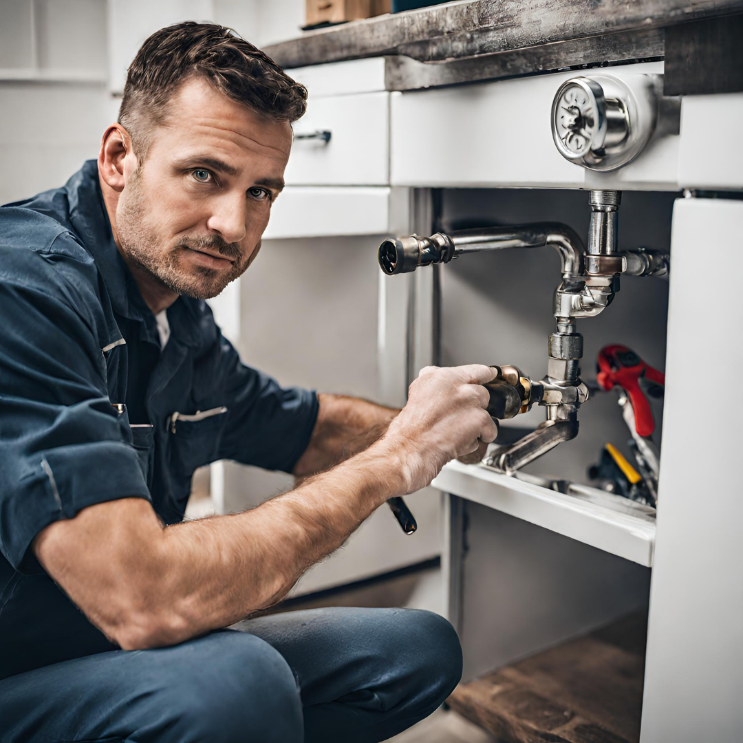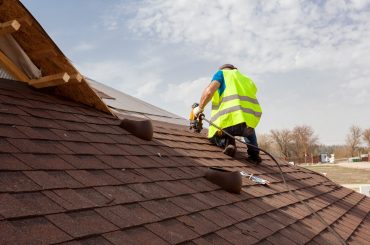Table of Contents
Plumbing is essential to our homes, ensuring that water flows smoothly and our daily activities are not disrupted. However, numerous misunderstandings and false beliefs about plumbing can result in confusion and potentially expensive errors. In this article, we’ll debunk some common plumbing myths and separate fact from fiction in a friendly and informative tone.
Myth 1: Lemon peels effectively sanitize garbage disposals.
Although lemon peels can impart a pleasant aroma to your garbage disposal, they are not efficient cleaners. Depositing citrus peels into the disposal unit may eventually cause blockages and harm. It’s advisable to use ice cubes to cleanse the blades and vinegar and baking soda solution to eradicate odours.
Myth 2: You can dispose of various items by flushing them down the toilet.
Fact: Flushing items like baby wipes, cotton balls, and paper towels down the toilet can lead to clogs and backups in your plumbing system. The toilet should only be used for flushing toilet paper and human waste; all other items should be thrown away in the trash.
Myth 3: A dripping faucet isn’t cause for concern.
Fact: Even a small leak can waste significant water over time, leading to higher water bills and potential water damage. Promptly addressing leaky faucets is crucial to conserve water and prevent potential complications.
Myth 4: Chemical drain cleaners are suitable for all types of pipes.
Fact: While chemical drain cleaners are effective for drain maintenance, they can damage older pipes and the environment. The recommended approach is to employ a plunger or plumbing snake to clear minor clogs and seek assistance from a professional plumber for persistent blockages.
Myth 5: Water heaters don’t need regular maintenance.
Fact: Water heaters require annual flushing and inspection to eliminate sediment buildup and maintain peak performance. Neglecting this maintenance can result in reduced efficiency, increased energy costs, and premature malfunction of the unit.
Myth 6: Placing a brick inside the toilet tank conserves water.
Fact: Placing a brick or another object in the toilet tank may displace some water, which can interfere with the toilet’s proper functioning and lead to leaks or damage. Instead, consider investing in a low-flow toilet or installing a water-saving toilet tank insert.
Myth 7: Hot water to melt grease and oil down the drain is considered safe.
Fact: Pouring hot water down the drain to dissolve grease and oil may seem like a quick fix, but it can cause these substances to solidify further down the pipes, leading to blockages. Instead, allow grease and oil to cool before disposing of them in the trash or recycling bins.
Myth 8: DIY fixes are always sufficient for plumbing emergencies.
Fact: While DIY solutions can be effective for minor plumbing issues, they may not be suitable for emergencies like burst pipes or severe leaks. In these situations, contacting a certified plumber is crucial to prevent extensive water damage and resolve the problem safely and efficiently.
Myth 9: Emergency plumbing services are only available during regular business hours.
Fact: Many certified plumbing companies offer emergency services 24/7 to address urgent plumbing issues outside regular business hours. Whether it’s a leak in the middle of the night or a pipe burst over the weekend, you can rely on plumbing contractors to respond and resolve the issue promptly.
Myth 10: All plumbers are certified and qualified to handle any plumbing job.
Fact: While many skilled plumbers are in the industry, not all are certified or licensed to perform certain tasks. Hiring a certified plumber for complex installations, repairs, or emergencies is essential to ensure the work meets safety standards and building codes.

Myth 11: Emergency plumbing services are prohibitively expensive.
Fact: Although emergency plumbing services may be more expensive than appointments due to the urgency and after-hours aspect of the work, delaying addressing a plumbing emergency can lead to significantly higher expenses. Certified plumbers can promptly diagnose and resolve issues, thus averting extensive damage and expensive repairs in the long term.
Homeowners can make informed decisions and effectively address plumbing issues by understanding these additional points related to emergency plumbing and the importance of hiring certified plumbers. Whether it’s a routine maintenance task or a sudden emergency, prioritizing professional expertise and timely intervention can save time, money, and hassle in the long term.





